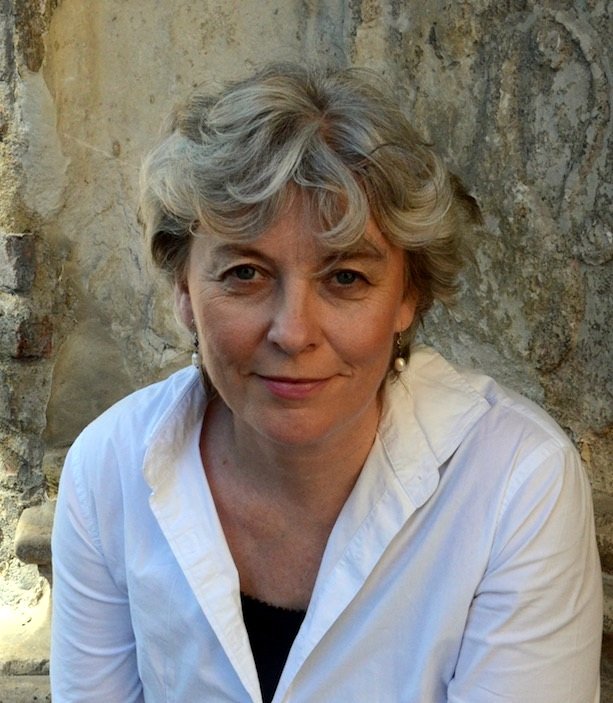Watchdogs on monitoring public service media in Hungary
In a new episode of Őrkutyák (Watchdogs) on Civil Radio in Hungary, Marcell Lorincz comments on an article published on March 10th by the Hungarian public broadcaster’s news site. The article, which fails to adhere to public service media standards, presents an interview with the French anthropologist Florence Bergeaud-Blackler, author of the controversial book “Le Frérisme et ses réseaux, l’enquête” (Brotherhood and its networks, the survey).
Par Wikianthropo — Travail personnel, CC BY-SA 4.0
Bergeaud-Blackler works at the French National Centre for Scientific Research (CNRS) and investigates Islamic normativities in secular societies, halal quality, norm and markets. In her most recent book, published in January 2023, she aims to unveil the ‘Islamist infiltrations’ of the Muslim Brotherhood in Europe, its ecosystem and its strategies. She claims that moderate Islamists now hold key positions across the European Union, in particular in Brussels, and that they have succeeded in creating a discourse that sees Islamophobia as the main problem instead of violent extremism. Bergeaud-Blackler accuses European Institutions of funding organisations and networks that support Islamist ideologies and names projects and initiatives such as the European Network against Racism (ENAR) and the Forum of Muslim Youth and Student Organisations (Femyso) as examples. The Watchdogs podcast critiques the failure of Hungarian PSM in providing context to the claims made by Bergeaud-Blackler. The article does not mention the worrying rise of hate crimes against Muslims, features no other experts, and only expresses negative attitudes towards Islam and Muslims in general. It also echoes Bergeaud-Blackler in blaming the European Commission for supporting radicals. This type of coverage, which does not respect basic journalistic ethics, is even more problematic when distributed through a Public Service Media outlet, supposed to adhere to the highest quality standards.
In the second part of the Watchdogs podcast, you can listen to the recording of a previous expert round table about moral panic in Hungarian mass media.
You can listen to the podcast here and via the GTTO podcast pages on Anchor and Spotify.
About Civil Radio
Civil Radio broadcasts programs on the life of common city squares where morning and evening walkers, homeless people, bus drivers and street musicians can be heard. Our program focuses on different districts and quarters of Budapest through outdoor recordings, which are then brought back to the studio for editing. While preparing it, we visit these districts to find interesting topics, communities and organisations. It is very important for us to focus on local matters, events and values.
The Foundation for Civil Radio was established in Budapest in 1993 to support and popularize the cause of non-governmental and non-profit radio broadcasting. In addition, it was established to operate a local radio station in Budapest for the same purpose. More than a hundred associations, foundations and institutes joined the program initiated by the four founders: the Association of Community Developers, the Open Training Association, the Hungarian Institute of Social Workers and the Lágymányos Public House. Since 1994, Civil Radio has had six periodic programs through which a group of volunteers could get technical experience in the field with support from media experts. At the same time, a parallel program structure has been developed to complement this work. This includes the characteristic features of a community radio, the hallmark which distinguishes Civil Radio from commercial and public service radios. An outstanding feature of Civil Radio is its unique effort to encourage the civil society and the grassroots movements in Budapest and to publicize their work.


